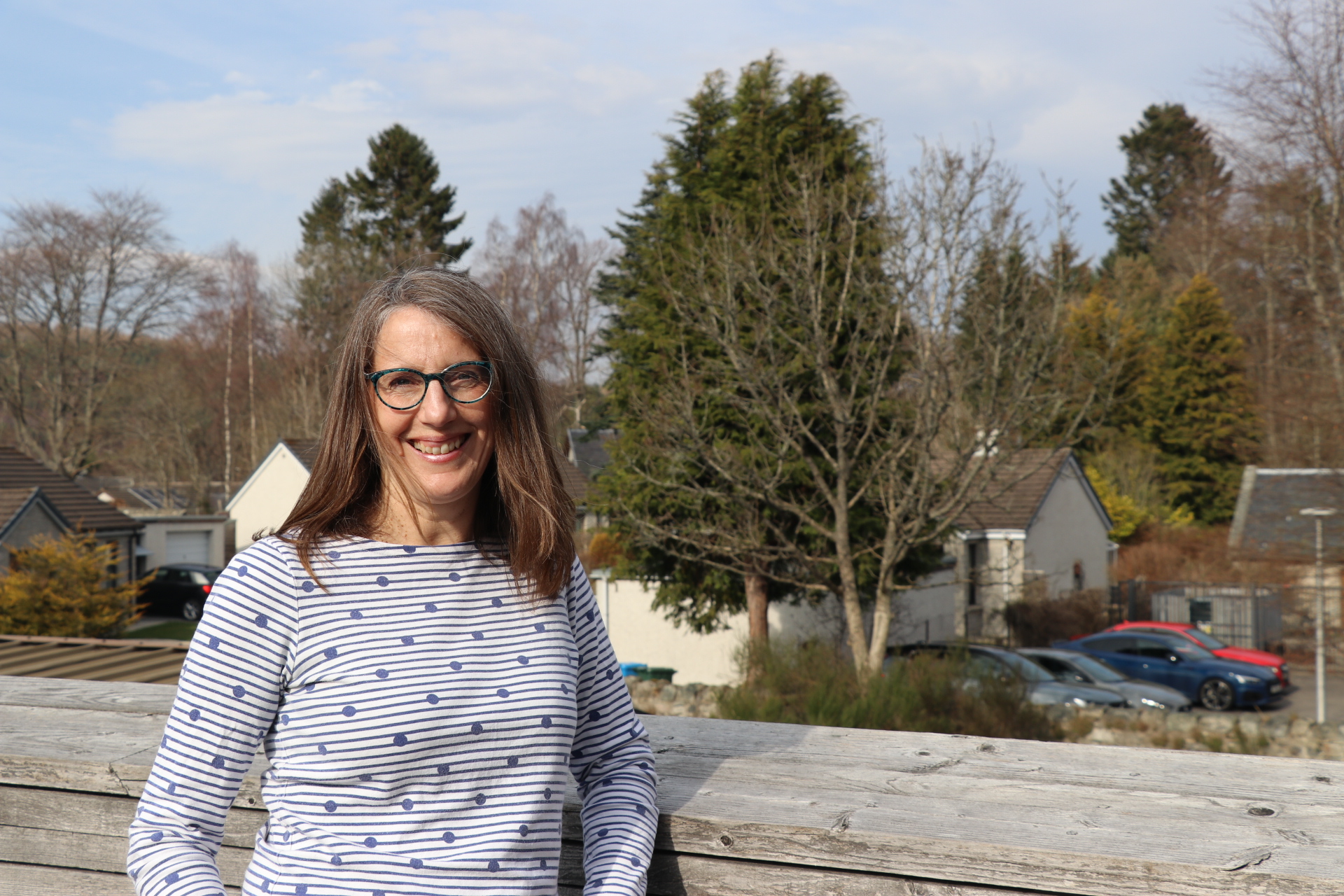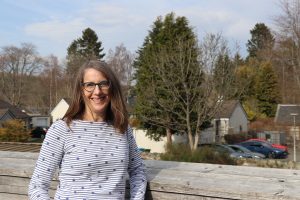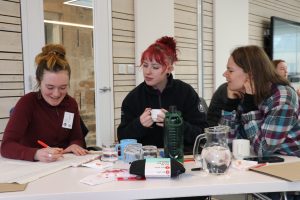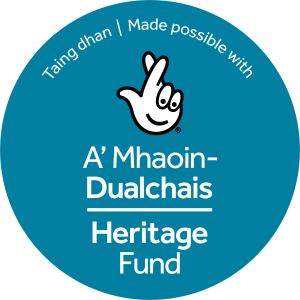Learning to go with (or without) the flow
Getting your period can be an unwelcome monthly visitor at the best of times, but especially when you’re gearing up for outdoor adventures. We chatted to Mairi Thomson, who is collaborating on an innovative pilot project with the Cairngorms 2030 programme, empowering young people to still have adventures, even during their period.
I’ve always loved spending time outside in nature, being on the water, walking and skiing. I was a teacher in Glasgow for 23 years before moving to Education Scotland. I get to bring a fair bit of my passion for the outdoors to my role, working specifically with practitioners on learning for sustainability.
Education Scotland was keen to support this pilot project about menstruating outdoors and I can relate this from my own experiences (albeit a good few years ago now!) I vividly remember my first few periods as a teenager, going on a water sports school trip and realising that if I wanted to do all these fun activities, I would have to plan ahead for several “what ifs”.
As a school teacher, I became aware of children starting their periods increasingly younger. With outdoor learning and with outdoor learning a key way children learn, practitioners need to be prepared. We want children and young people taking part in outdoor learning in all its forms and so we need to be able to support them and the practitioners who themselves may be menstruating, working together to remove any barriers in the way.
Fundamentally, we want to promote being open about periods, whether you have them or not, increasing understanding and confidence for those leading outdoor activities, so more people can enjoy the outdoors, no matter the time of month. In collaboration with Denise McNulty from Newbattle Abbey College, we came up with an idea on how to take this forward.
This pilot programme ‘Menstruation in the Wild’, creates the space for practitioners to develop the knowledge and skills to support young people who are menstruating. It was evident that this important aspect of life wasn’t talked about enough and so we want to tackle this head-on. The training provides information on products, explores ways to discuss menstruation, who experiences periods, cultural differences, support needs and practical actions such as including period products in first aid kids and how to safely manage this when out and about. Importantly this training is about creating a safe and inclusive learning environment that will result in staff and students being able to manage periods safely and comfortably while learning outdoors. The training is just one step in further normalising conversations around menstruation.
All those years ago, when I started my period, you just kind of had to figure it out as you went along. I would love to see any stigma removed, after all having a period is just one aspect of being human and we need to respond with support. We need to normalise discussions, deal with facts and acknowledge feelings, including any of discomfort. Denise McNulty did that really well at the training. We need to remember that young people don’t all want to talk about periods, and we need to respect that but as adults we can be there to support them if they do.
We are currently testing out the programme, finding out what works and what we would change and how we might expand this kind of conversation. It was great to see the openness within the first training session with staff from the Cairngorms National Park and other partners. Seeing how knowledgeable people are already, and how many practical suggestions and considerations people had was inspiring. I am certainly looking forward to exploring where this might go next. Imagine the relief many would feel if we got this right?
To find out more about the pilot programme, contact: [email protected]
If you want to learn more about how to manage your period outdoors, check out Cairngorms Connect’s useful resource: Menstruating in the Mountains
‘Managing periods in the wild’ was funded by Education Scotland and Scottish Government as part of Target 2030 the Learning for Sustainability Action Plan. Education Scotland would like to thank and acknowledge the work of Learning for Sustainability mentors Denise McNulty and Tania Alliod in bringing this pilot to life.
The Cairngorms 2030 programme is made possible by The National Lottery Heritage Fund, thanks to National Lottery players.



